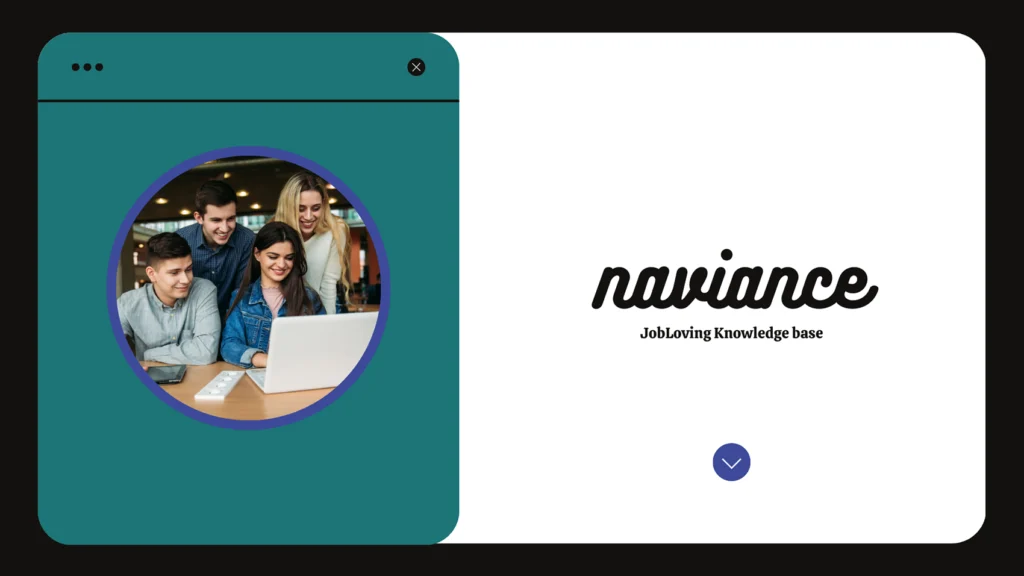Navigating the Labyrinth of Naviance Teacher Recommendations: A Guide for the Perplexed
So, you’re staring at the Naviance platform, the dreaded “Personal Note to Teacher” box blinking at you like a mischievous gremlin. You’re probably thinking, “What in the world am I supposed to write here?” Don’t worry, you’re not alone. This digital abyss of recommendation requests can feel like a black hole sucking in your sanity. But fear not, my fellow high schooler, because today we’re going to conquer this Naviance beast and write a teacher recommendation request that will make your teachers sing your praises (or, at least, not groan inwardly).
The Naviance Recommendation Request: A Love Letter to Your Teachers (Kind of)
Think of this request as a chance to give your teachers a little nudge in the right direction. It’s not about begging them for a stellar recommendation, it’s about providing them with the ammunition they need to write a letter that truly showcases your awesomeness. Remember, teachers have their own lives, and they’re juggling a million things. Giving them the info they need will make their lives easier and, in turn, make your life easier (because a well-written recommendation can make or break your college application!).
The Art of the “Personal Note to Teacher”
This little box is your secret weapon. Here’s how to use it to your advantage:
- Be Specific. Don’t just say, “I’m a hard worker.” Instead, mention a specific project or assignment where you demonstrated your work ethic. For example, “I’m proud of the research I did for my history project on the French Revolution. It took countless hours of digging through archives, but I learned so much and I’m really proud of the final product.”
- Highlight Your Unique Qualities. What makes you stand out from the crowd? Are you a natural leader? Are you a creative problem solver? Are you the one who always brings snacks to group projects? (Okay, maybe not that last one, but you get the idea.)
- Connect with Your Teacher. Mention a specific memory you have from their class that you found particularly impactful or memorable. For instance, “I really appreciated the time you took to discuss the concept of [insert specific concept from class] with me after class. It helped me understand the material in a whole new way.”
- Show Your Gratitude. Remember to express your thanks to your teacher for considering your request. A simple “Thank you for taking the time to write a recommendation for me” goes a long way.
What to Include in Your Recommendation Request
Think of this as a “choose your own adventure” for your teacher. Give them a roadmap to write a letter that truly reflects your academic journey. Here’s what to include:
- Your Transcript. This is a no-brainer. Your teacher needs to see your grades to understand your academic performance.
- Your Resume or List of Activities. Show them all the amazing things you do outside of the classroom. Include your extracurriculars, volunteer work, and any leadership positions you hold.
- A List of Your Accomplishments. Don’t be shy about bragging a little! Include any awards, honors, or achievements you’ve received.
- Your Future Goals. What are you hoping to achieve in college? What are your career aspirations? This will help your teacher understand your motivation and direction.
The Art of the Teacher Recommendation: A Deeper Dive
Now, let’s talk about what goes into a good teacher recommendation. It’s not just about gushing over your amazing personality (although, that never hurts!). A strong recommendation should:
- Highlight your academic strengths. Does your teacher remember you as a stellar student who always participated in class? Or maybe you were a quiet genius who impressed them with your insightful essays?
- Provide concrete examples. Instead of saying, “She’s a great student,” your teacher should provide specific instances that demonstrate your skills. For example, “In my AP English class, [student name] consistently produced excellent essays that demonstrated a deep understanding of literary analysis.”
- Offer insights into your character. Is your teacher going to rave about your dedication, your work ethic, or your ability to collaborate effectively? These are all valuable qualities that colleges look for.
- Be honest and genuine. A good recommendation should be honest, even if it doesn’t paint a perfect picture. If you struggled with a particular subject, your teacher can still highlight your resilience and determination to overcome challenges.
The Big Picture: Why Teacher Recommendations Matter
Imagine college admissions officers reading through hundreds of application essays. It can be a bit of a blur, right? That’s where teacher recommendations come in. They provide a unique perspective on you as a student, giving colleges a glimpse into your character, your work ethic, and your potential. They can be a powerful tool in your application process, helping you stand out from the crowd.
In Conclusion: Don’t Sweat the Recommendation Request
In the grand scheme of things, the Naviance teacher recommendation request is just one small piece of the college application puzzle. Focus on being authentic, expressing your interests, and showing your teachers what makes you tick. Don’t forget to thank them for their time and effort!
Remember, the key to a great recommendation is open communication and a little bit of effort on your part. With a bit of planning and a touch of personality, you can craft a request that will make your teachers excited to sing your praises.
If you need more help navigating the labyrinth of Naviance or have any questions about writing a killer teacher recommendation request, join the JobLoving Community! We’re a vibrant network of students, teachers, and career professionals ready to offer support and guidance.

